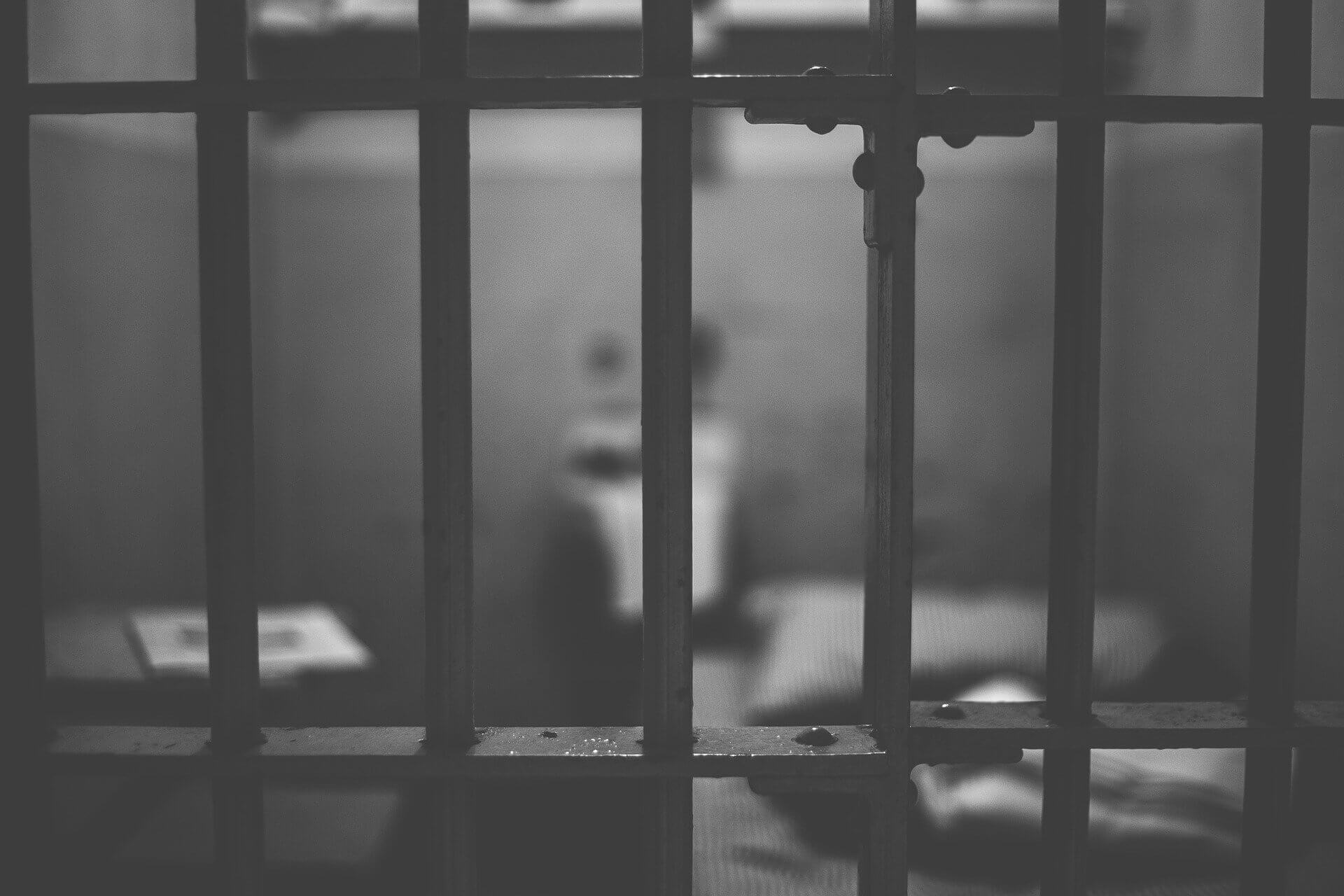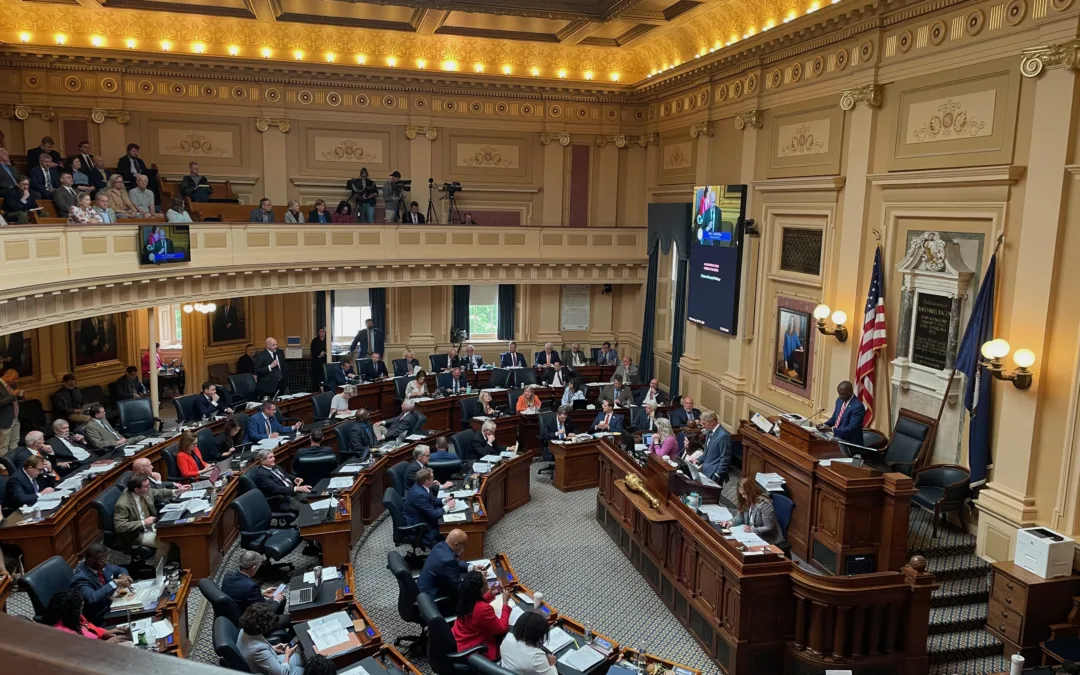
Now Governor Northam is expected to sign the bill.
When we talk about the death penalty, are we speaking the truth? Or just long-held myths?
STAFFORD-Virginia is second only to Texas in the number of executions it has performed. But now, Virginia has made history as the first southern state and 23rd state overall to abolish the death penalty. The Virginia House and Senate both passed this landmark legislation, and Governor Northam has committed to signing it into law.
But while this is a step in the right direction, 27 states still permit the practice. If we truly care about equal justice under the Constitution, we must abolish the death penalty nationwide. So, let’s address the criticisms of abolishment, and debunk five of the most common myths cited in support.
Claim: The death penalty is a deterrent to violent crime.
False: On the contrary, study after study shows no link between the presence or abolishment of the death penalty and the rate of violent crime historically punished with the death penalty.
The Death Penalty Information Center, which collects studies on this topic, reports, “The death penalty affects only a tiny percentage of even those who commit murder. Its effect is very difficult to pinpoint, and the National Academy of Sciences has concluded that past studies have neither proven nor disproven a deterrent effect.”
In short, the claim that the practice deters violent crime is just that—a claim. No actual evidence exists to support this assumption.
Claim: The victims of violent crime won’t see justice if the death penalty is repealed.
False: Let’s be clear. For the victims and families of violent crime, especially involving murder, nothing can bring back a life lost. No words exist to remedy the pain. But execution and justice are two different things altogether, and we cannot make the mistake of conflating the two.
Enacting the death penalty won’t bring back a life lost to a horrific crime. Once that crime is committed, however, society can ensure the culprit is prevented from committing further harm. Families of victims can and should pursue restitution, damages, and financial compensation for the loss of their loved one—and receive them quickly.
Meanwhile, cases often take years or even decades. That leaves the lives of the victim’s families and the culprit’s families in limbo. Instead, the culprit should face swift accountability with prison. That allows victim families to move on without having to relive trauma with ongoing court cases.
Claim: It is a waste of taxpayer dollars to house, cloth, and feed a violent criminal until they die in prison.
False: In reality, death penalty cases cost about 48% more than the cost of sentencing someone to life in prison. Likewise, “A New Jersey study found, between 1983 and 2005, taxpayers paid $253 million more for the death penalty system than for a system with life without parole as its maximum sentence.”
If cost truly is the concern, then life in prison is far more efficient a use of taxpayer funds than is the death penalty.
Claim: We know for certain that innocent people aren’t put to death.
False: Unfortunately, we know the opposite is true. Since 1973 alone, “173 former death-row prisoners have been exonerated of all charges related to the wrongful convictions that had put them on death row.” In the modern era, America has executed roughly 1500 people for capital crimes.
With 173 exonerations—solely because additional investigations were performed—that means 1 out of every 9 people executed were actually innocent. This is simply unconscionable. We must do better.
Claim: The death penalty is equally applied across economic and racial class.
False: On the contrary, the death penalty is one of the most grotesque examples of racially discriminatory application of the law. For example, of the 173 exonerated former death row inmates, 91 are Black. Put another way, Black Americans are only 13% of the population, but were 53% of those wrongly convicted of a capital offense.
Moreover, of those on death row, 42% are Black, once again demonstrating the racial bias in our legal system. Likewise, while the wealthy can afford world class legal representation and avoid the penalty, this is a punishment disproportionately reserved for the poor and destitute. Such an unjust system cannot be allowed to continue.
Moreover, Americans are committed to ending this practice. Polling shows that more than 60% of Americans support life in prison over the death penalty. Virginia is making the right move to abolish the death penality, but we can’t stop here. We have an opportunity to end the death penalty in America, nationwide, and better fulfill our Constitutional promise of equal justice under the law. It’s long past due we embrace this opportunity for justice.
Politics

Youngkin, Democrats to start over on budget talks
The Republican governor stood with Democratic leaders in the General Assembly on Wednesday in a bid to ease tensions over their budget debate....

VIDEO: Domestic abuse victims speak out against the gun law bills Gov. Glenn Youngkin vetoed
Senate Bill 47 and House Bill 46 aim to close the loophole that allows offenders to transfer their firearms to someone else instead of relinquishing...
Local News

Virginia verses: Celebrating 5 poetic icons for National Poetry Month
There’s no shortage of great writers when it comes to our commonwealth. From the haunting verses of Edgar Allan Poe, who found solace in Richmond's...

Join the fun: Recapping Family Literacy Night’s storybook adventures
When’s the last time you read a book aloud with a loved one? If it’s difficult to answer that question, then maybe it’s time to dust off that TBR...




